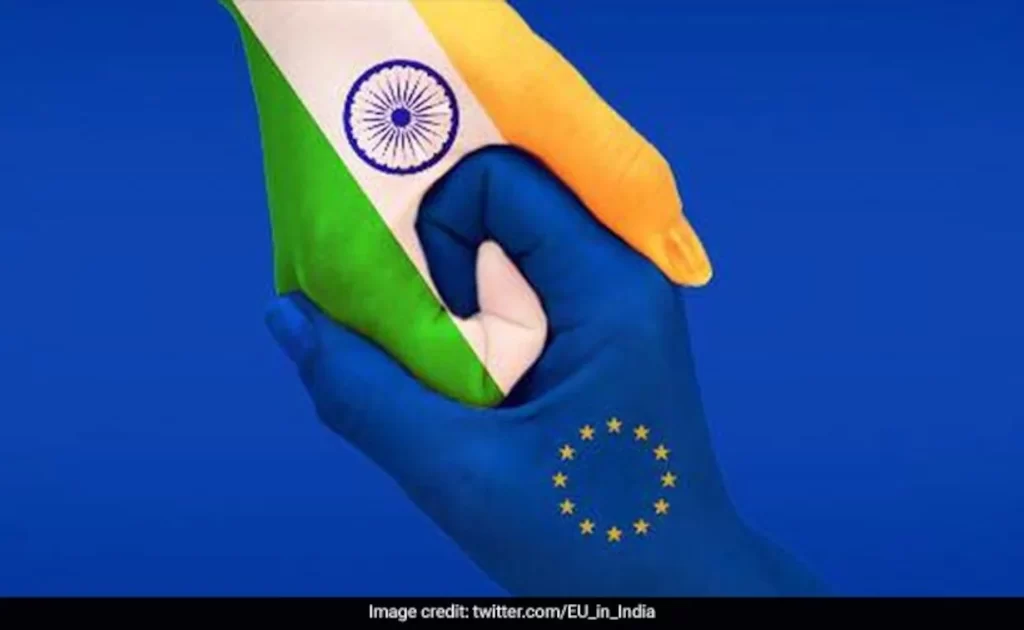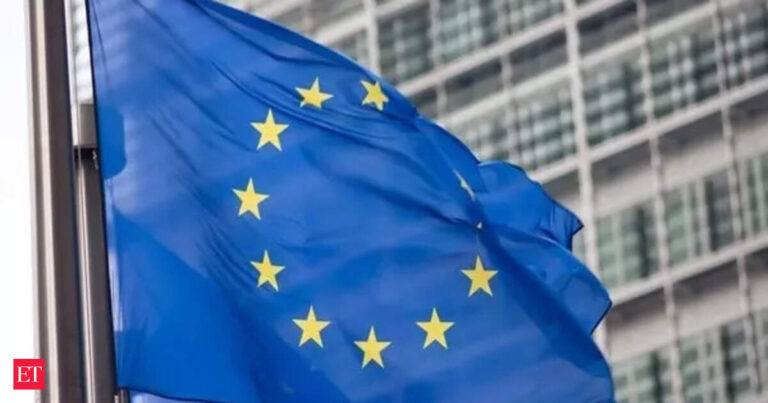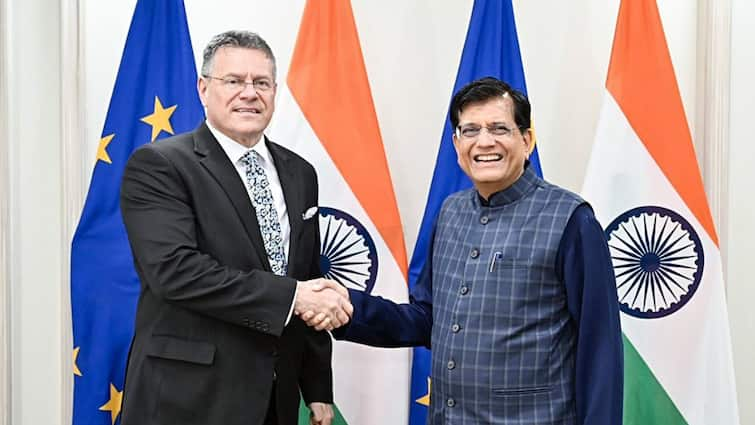
New Delhi: India should request reciprocal concessions from the European Union (EU) Under the free trade agreement (ALE) proposed in the medical devices sector to promote its exports, an economic reflection group World Trade Research Initiative (GTRI) said Sunday.
India invoices zero prices to 10% on most medical devices and a reduction in India’s rights on medical devices without meeting EUS regulatory challenges will result in low exports but large -scale EU imports.
“To conclude a fair trade agreement, India must require reciprocity. India should only reduce tariffs on medical systems if the EU reduces its non -tariff obstacles,” said the Mondial Trade Research Initiative (GTRI).
The negotiations in progress of the India FTA on medical devices are asymmetrical. Although the EU does not request any rate on India medical devices, it maintains high regulatory barriers that hinder difficult Indian exports on the EU markets, he added.
Founder Gtri Ajay Srivastava said that EU customs duties are zero, but that market entry costs are substantial due to the rigorous regulatory framework.
“EU export has become more difficult because it has replaced the directives of medical devices (UE-MDD) with the rules of stricter medical devices (EU-MDR),” he said.
Citing an example, he said that new certification and regulatory expenses are at 60,000 to 300,000 euros per year for market access from 100,000 to 3.75 million euros.
“The approval time of certification has increased from 4 to 8 months to 2 to 3 years now. The shortage of organizations and auditors notified in the EU leads to high certification costs, “said Srivastava.
Due to this, Indian exporters withdraw from the EU market or limit product offers, because high entry and certification costs make the participation of the market financially unbearable, he noted.
In addition, he declared that the lack of Indian participation in the unique audit program of medical devices (MDSAP) limits the acceptance of Indian devices on the main regulated markets.
MDSAP allows manufacturers of medical devices to be audited once to comply with regulatory requirements in several markets, including Australia, Brazil, Canada, Japan and the United States.
To facilitate exports in the EU and other major markets, India must undertake reforms such as the search for ARM (mutual recognition agreements) with the EU, the United States and other regulated markets on the basis of standards harmonized by ISO (International Organization for Standardization).
The Indian medical devices sector increases regularly and helps India reduce its dependence on imports.
In 2024, India’s world exports were $ 2.3 billion while imports were $ 4.7 billion.
The EU remains a large market with exports of $ 580 million and imports of $ 1.15 billion.



